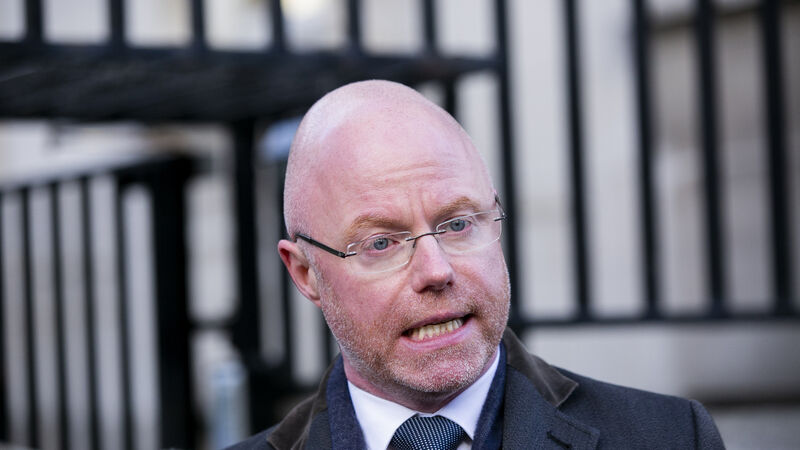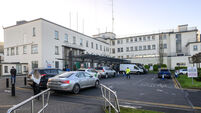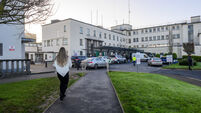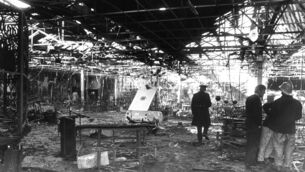Donnelly acknowledges risks to patients posed by overcrowding

The Health Minister said “the literature is very clear that overcrowding increases patient risks, nobody can dispute this” adding that the current situation was “a perfect storm”. Picture: Collins Photos
Stephen Donnelly has acknowledged that people will die because of risks posed by overcrowding in emergency departments.
It comes as more than 800 people are waiting on trolleys across the Irish hospital service on Wednesday morning.












